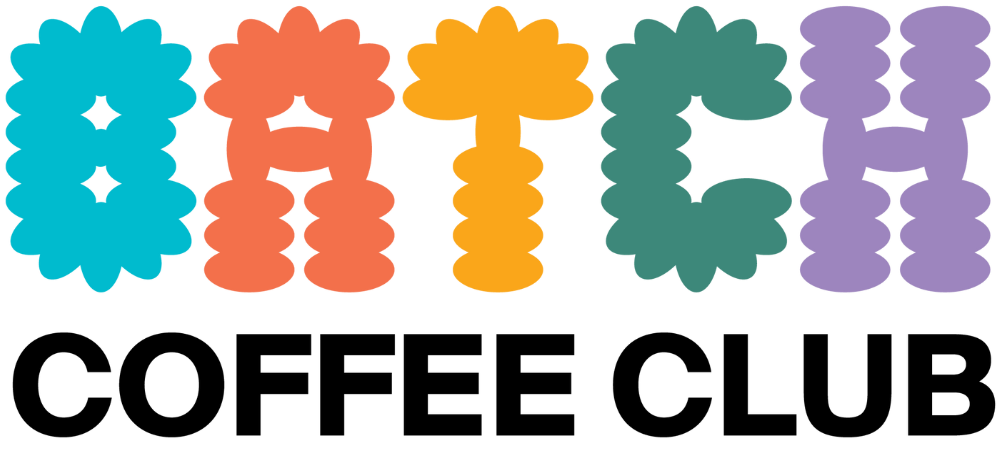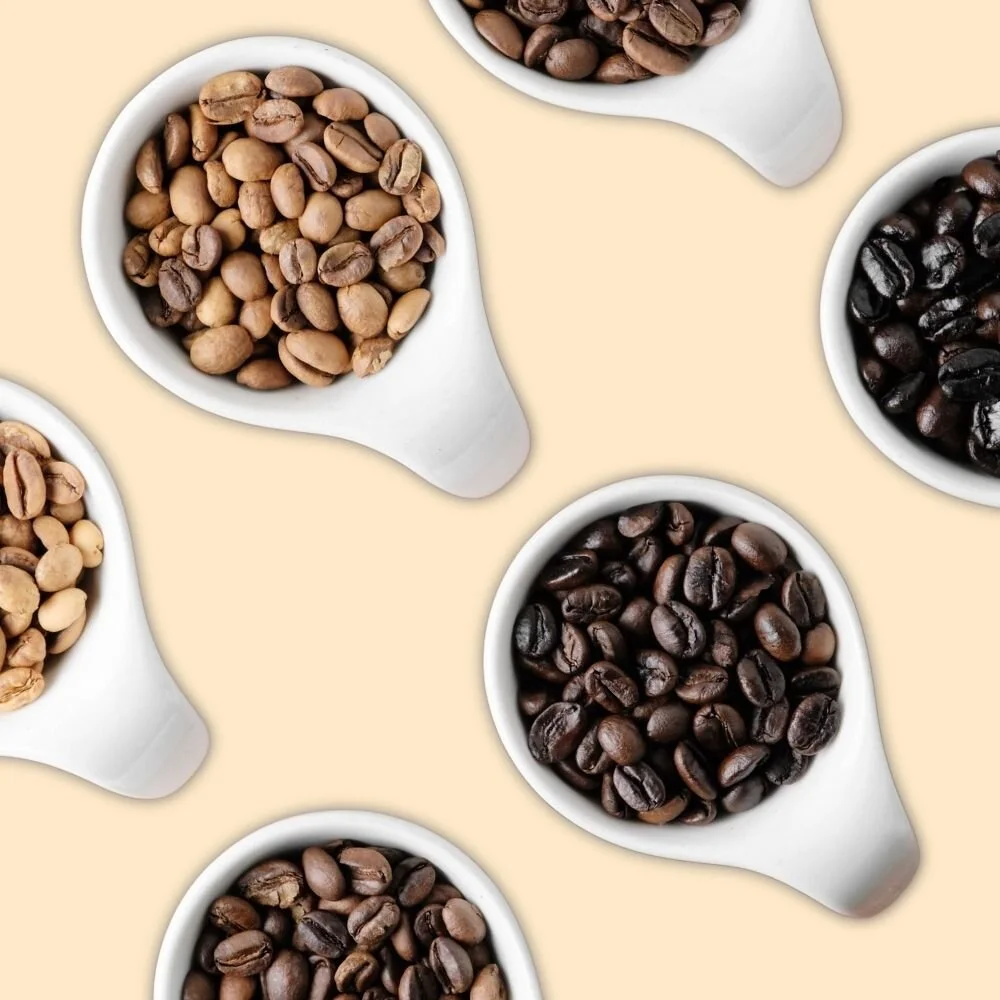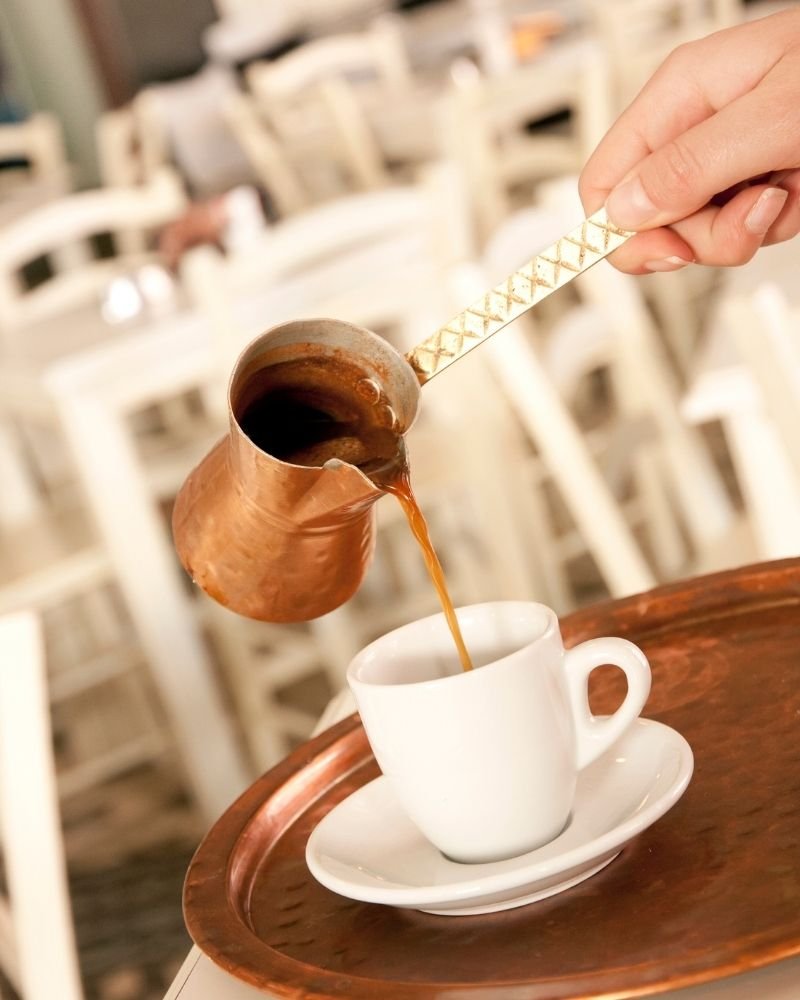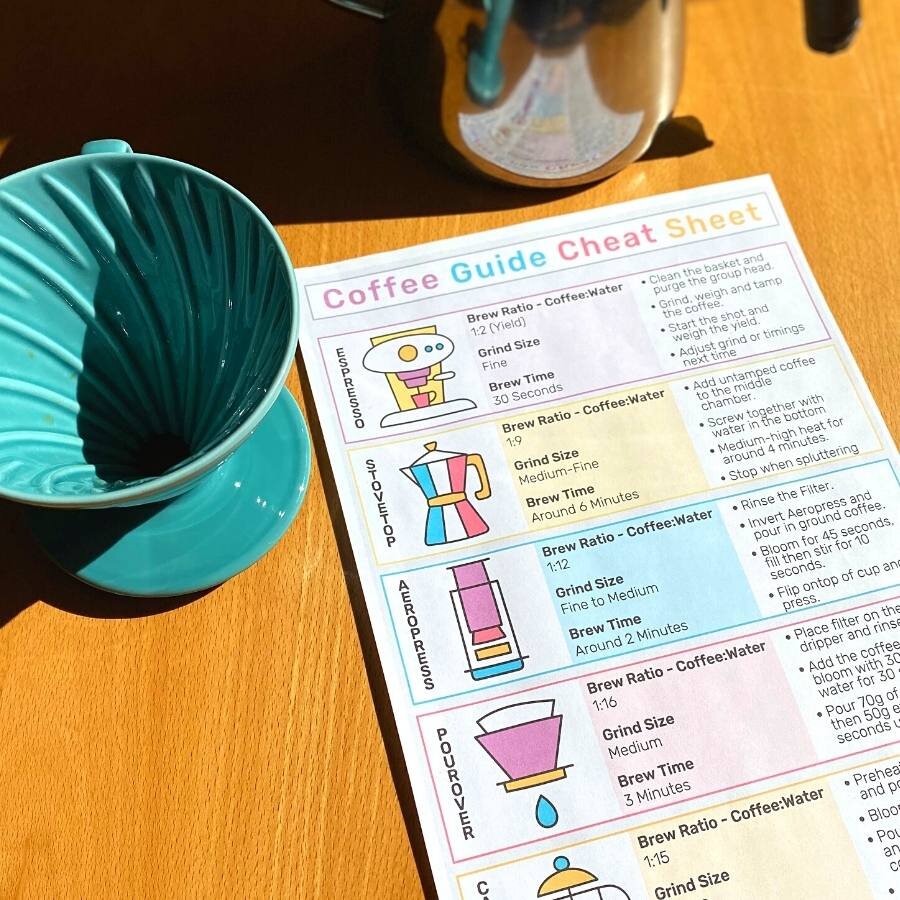A Guide to Italian Coffee
Italian coffee has always been a benchmark.
The history, tradition and culture surrounding coffee in Italy is unrivalled.
But what is happening on the ground today?
Is Italian coffee still as revered as it once was?
And what the hell is Italian coffee anyway? - I thought coffee grew in South America!!!
Different Types of Italian Coffee
There are numerous different types of Italian coffee.
Some of the classic Italian coffees are well known household names such as Cappucino, macchiato, Cafe Latte and even espresso.
Some slightly lesser known types of Italian coffee include Ristretto, Affogato and Doppio.
There are also many other types of Italian coffee that you may come across if you visit.
What is Italian Coffee Culture Like Today?
Italian coffee remains popular today for the simple reason that Italians invented espresso, explains Erik Rolfsen from Bean Poet, a popular coffee website.
Pioneers like Angelo Moriondo, Luigi Bezzera and Desiderio Pavoni developed early versions of the espresso machines that still power up most Starbucks coffee drinks to this day, from the cappuccino to the macchiato (what is a macchiato?).
An Italian named Alfonso Bialetti also brought us the moka pot, which Italians have used to make stovetop coffee on a daily basis for almost a century.
The moka pot is still a novelty to most North American and British folk, but might be the most authentic Italian coffee experience you can have.
Where Is Italian Coffee Grown?
Italian coffee is not really from Italy describes Chad Wyatt from The Finest Roast.
Coffee beans are sourced from all over the world and imported to the country. The main popularity surrounding Italian coffee is the culture of the country.
Sitting out on the streets, by the water, or at a local cafe, it is more of a social statement to drink coffee in Italy.
Of course, different coffee shops can create unique styles of coffee but in general, most coffees will be roasted the same and prepared the same.
What Are Italian Coffee Traditions?
Italian coffee is traditionally served as an espresso and sometimes accompanied by a glass of water.
Similar to many countries in Europe, the espresso is the preferred coffee to drink. Italians generally like to consume coffee for the caffeine content on the go, which is why it is consumed as a "coffee shot".
Photo: Business Insider
The glass of water that is provided is to cleanse the palette so that people can enjoy the coffee taste.
Just like everywhere in the world, people are turning to home brewing methods.
With local cafés and coffee shops closing down or vaccine requirements to enter, the culture of drinking coffee in Italy has been decimated.
Of course, the coffee still tastes the same, but the culture and experience have been ruined. People cannot go to a local café to sit amongst fellow coffee drinkers on the side of the street to converse and enjoy an espresso.
They are forced to distance themselves and enjoy their coffee "solitary"
Italian coffee to an Italian is a simple espresso.
We spoke to Candice Criscione who is the of MomInItaly.com and TheTuscanMom.com who has been planning vacations in Italy for over 18 years
Candice describes how Italians have many other ‘types’ of coffee - cappuccino, caffè latte, caffè macchiato, to name a few.
But, if an Italian orders a coffee, they are ordering an espresso.
Italian coffee is popular because it’s quick (express - ‘espresso’), high-quality, and it’s part of Italian culture.
In the Italian business world, you do business over a coffee and you get to know someone over a coffee.
While not all Italian coffee is equal, coffee in Italy is an equalizer - the CEO of FIAT drinks his espresso standing at the bar next to the street cleaner. Italian soccer stars and cyclists drink coffee. Even little kids drink caffè - del orzo (barley coffee).
How is The Thirdwave Italian Coffee Scene?
Coffee culture in Italy hasn’t changed much since the third wave of coffee began.
While there are a few third wave coffee bars in some of the bigger cities like Milan and Rome, the majority of Italians are perfectly content with their classic espresso at the neighborhood bar.
I don’t see any drastic changes happening within the next few years with the Italian population. However, I’m sure we’ll continue to see third wave coffee bars pop up to serve the tourists that are interested in the movement.
Why don’t I see Italians becoming interested? To be honest, it’s still tough to get some Italians enthused about recycling or sustainable food practices or organic wines.
Also, many Italians drink 6-8 espressi per day - at 1€ a pop, that’s doable. But, with specialty coffee prices, it’s not.
Is Italian Coffee Dark Roast?
Yes, Italian coffee is traditionally roasted dark.
This has stemmed from many years ago, when the quality of coffee being imported into Italy would have been pretty poor. Processing techniques as well as logistics are nowhere near where they are today.
Coffee roasters would have roasted the coffee to a dark profile so all the coffee would have the same burnt and bitter flavours.
Italians then become accustomed to coffee harbouring this harsh flavour profile.
Is Italian Coffee Stronger?
Italian coffee may seem stronger than the regular coffee you are used to consuming. This is because Italians generally roast their coffee fairly dark. This produces a darker flavour profile such as roasty and bitter notes.
Italian coffee is also typically served as an espresso which is a short concentrated shot of coffee. If you are otherwise used to drinking longer coffees then Italian coffee will taste strong.
Although the coffee from Italy may taste stronger It doesn’t necessarily mean there is a higher level of caffeine.
Coffee beans, whether roasted dark or light, have pretty much the same amount of coffee, so although the shot of Italian espresso may make you wince it doesn’t mean it will keep you up all night.
Why Is Italian Coffee Famous?
Italian coffee is famous because Italy was the birthplace of espresso coffee.
Italy has a rich coffee culture which has spread all over the world, where many countries owe their own coffee culture to Italian immigrants.
Where To Buy Italian Coffee?
Italian coffee can be purchased from many high-street stores. You will be able to find many commodity grade Italian coffees on Amazon also.
Checkout Terrone if you are looking for some Speciality Italian Coffee.
How To Use An Italian Coffee Maker?
Italian coffee makers that are otherwise known as Stovetop Espresso Makers or Moka Pots have been around for many years.
Simply add ground coffee into the middle chamber and level off. Add water to the bottom chamber and then screw the whole mechanism together. Place the coffee maker on the hob and wait until all the coffee has been extracted into the top chamber.
For a more indepth guide check out our Italian Coffee Maker Guide or if you’re in the market for one read our Italian Coffee Maker Buying Guide.
How Do Italians Prepare Coffee?
I’m told that every Italian home has a Moka Pot. This may be a bit of a sweeping statement, but judging by how much Italians love their coffee it’s easy to believe.
Although this is a method you would only ever see Italians preparing their coffee at home with, if they are at work or away from home many would opt for an espresso.
Do Italians put sugar in their coffee?
Very similar to many places in the world it really depends on the preference of the person whether Italians put sugar in their coffee.
Italian coffee is typically quite bitter so there may be a few that prefer to take the edge off in the morning with the addition of sugar.

















